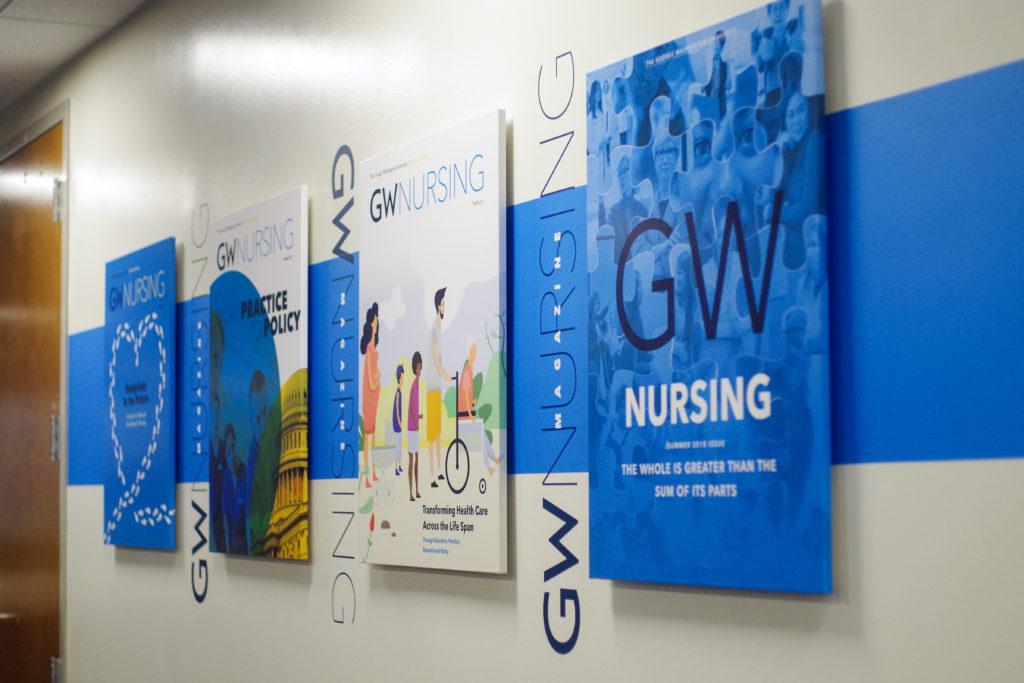College students are more anxious and depressed than usual because of COVID-19, according to a June study from the Journal of Medical Internet Research.
The study tracked the lifestyles of 217 students at Dartmouth College for more than two years using an app that monitored behaviors like the amount of time students spent sedentary, how many times they unlocked their phones each day and daily levels of depression and anxiety. The researchers found that students’ anxiety and depression levels spiked when they left campus during spring break, a time when students’ stress levels typically drop.
“During the first academic term impacted by COVID-19 (Winter 2020), individuals were more sedentary and reported increased anxiety and depression symptoms (P<.001) relative to previous academic terms and subsequent academic breaks,” the study states.
The authors of the research used the app StudentLife to monitor students’ behavior. Andrew Campbell, one of the study’s researchers and a computer science professor at Dartmouth, told The Washington Post that the app allows researchers to monitor the amount of time spent on their phone and places they have visited.
“It sort of sits in the background quietly,” Campbell told The Post. “We can analyze those locations to look at how many places the student visits per day, every day. We can look at phone usage, so how much a student is using their phone. Like, unlocking their phone, for example.”
The researchers noticed the study’s participants’ stress levels rose during their spring break, a time when stress levels typically drop, because they were sent home to socially distance instead of going on break.
“Many people wouldn’t expect college students to listen to social distancing orders, but these students did,” Jeremy Huckins, an author of the study and a lecturer of neuroscience and psychological studies at Dartmouth, told The Post. “We found that when social distancing was recommended by local governments, students were more sedentary and visited fewer locations on any given day.”
The Colonial Health Center halted counseling services in March because a licensing law prevents its counselors from holding consultations by phone or video chat. Students in need of long-term counseling can briefly consult with a CHC counselor by phone to determine what mental resources are available in their area, and health center staff are available in person for emergency walk-in consultations.
Several students told The Hatchet in April that the transition from living in D.C. to quarantining away from campus had a negative impact on their mental health and left them without access to their necessary treatments.







